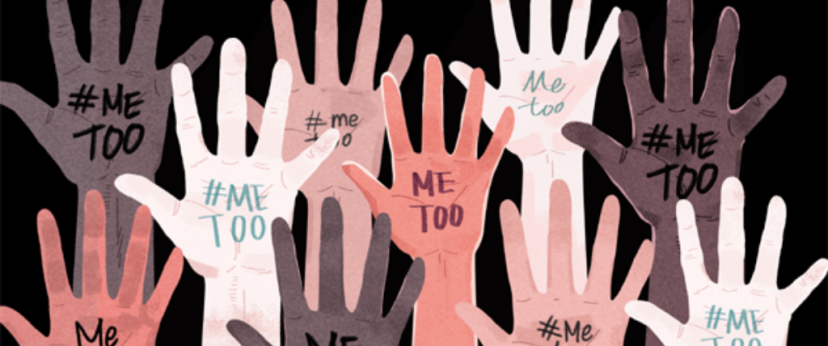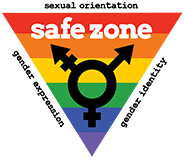
Content Warning: Discussion of sexual abuse, sexual predators, and consent.
.
.
.
.
.
.
As Harvey Weinstein’s case continues in New York, the main argument from his legal team is that every encounter brought up in the trial was actually consensual. He says that he can’t be charged with rape because in each and every case, the other party agreed to have sex or wanted to. How was HE to know that she didn’t actually want to have sex? This is the argument you hear in most rape cases that make it to trial.
As this trial was beginning, I was also finishing up the novel Horns by Joe Hill. This fictional story surrounds the case of a young woman who was sexually assaulted and murdered. Throughout the novel, you get to hear the exact thoughts of the abuser leading up to the moment of the young woman’s murder. Very dark stuff. As I read the story, however, I couldn’t help but notice a similarity between the thoughts of the murderer and the excuses we’ve heard throughout the investigation and prosecution of Harvey Weinstein and countless others.
As I thought about this fictional account and this very real criminal case, I started to wonder, do these abusers actually believe it? Do they genuinely think that they had consent in those encounters? It doesn’t excuse their behavior, but it does help us understand where we need to put more effort in our prevention work with young people. Too often we hear excuses from abusers like “it seemed like they were enjoying it,” “they didn’t say no,” or “they didn’t try to stop me.” If we aren’t teaching young people (and old people too) that consent MUST be a verbal, enthusiastic, and informed “yes”, then we’re opening the door for abusers to use these excuses in their lives and in court.
Again, this is no excuse for their behavior, but it does open a window into our culture and what we need to do better. Part of overcoming our current rape culture is making it crystal clear to abusers, to communities, and to juries and judges that any sexual activity without explicit, informed, and enthusiastic consent is sexual abuse.
A look is not consent.
“…she turned and gave Lee a frowning look, one eyebrow raised in a way that seemed to ask a question–or offer an invitation. Follow me.” (Horns, p 349)
How someone is dressed is not consent.
“She had thought about what to put on before she came here, had thought about how she wanted to be seen.” (Lee’s perspective, Horns, p 296)
Your interpretation of what someone means when things are unclear is not consent.
“Lee…wondered for a moment if she could mean what he thought she meant by that. But of course she did, of course she knew exactly how he’d take it. A lot of what Merrin said had double meanings, one for public consumption and the other just for him. She’d been sending him messages for years.” (Horns, p 301)
Your imagination is not consent.
“She had lured him down to Boston, led him to imagine they would be alone together, and then answered the door in her sweatpants, looking like warmed-over shit, her roommate wandering around…He was sick of being jerked around…” (Horns, p 314)
Nothing is consent aside from a clear, sober yes, free from manipulation, coercion, or force. The sooner we make that clear, the sooner we’ll live in a world where abusers are held accountable for their actions instead of a world where we make excuses for the violence done to others.



